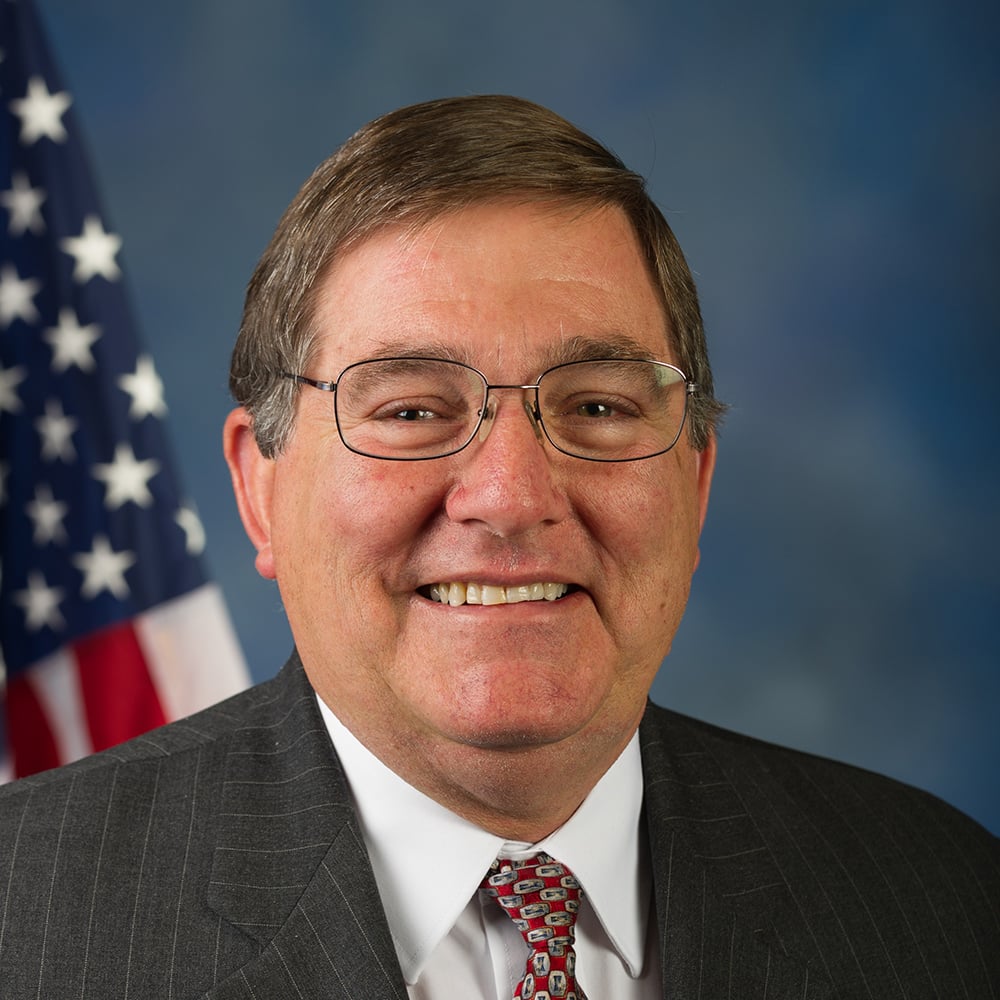This is a weekly feature produced by my friend Ginger. Let us know what you think.
This week, in news from Dallas-Fort Worth, it’s the 60th anniversary of the Kennedy assassination; the Bishop of Tyler gets the sack; Elon and Ken Paxton going after Media Matters in Fort Worth; voter turnout; filing news; schools and universities; assorted haters and bigots; Dallas area cybersecurity; “amortization”, environmental justice, the Lege and the Dallas City Council; the difference between D Magazine and the DMN on bribery lawsuits; and more, including a new zoo baby!
This week’s post was brought to you by Ludovico Einaudi, whose music is a good soundtrack for working.
As most people know, President John F. Kennedy was assassinated here in Dallas on November 22, 1963. This was an event that shaped the history of the city and the nation, for good and ill. In the flurry of coverage surrounding the anniversary, I found a few gems. Here’s a somewhat defensive DMN story about Dallas needing to embrace having been the City of Hate to get over the assassination. I don’t agree with everything in it; for one thing, it’s pretty clearly directed at white Dallas. But it was interesting to read from someone who was a child here in Dallas when it happened and is still in the journalism business. The Star-Telegram has a slate of stories, the most interesting piece of which, to me, anyway, was trying to figure out who Lee Harvey Oswald’s pallbearers were. Apparently the reporters on the scene did the duty, except for the DMN’s guy, who was afraid he’d get fired for supporting (in the casket) a (dead) Communist, but now they’re not sure who a couple of the men in the photos were. The Washington Post has reminiscences from a surviving Secret Service agent who has a new book out. And here’s a fascinating piece from the Guardian on the anniversary that spends a fair amount of time talking about how the conditions that surrounded the assassination are the national norm in 2023.
Meanwhile, in Tyler, the (now former) Bishop, Joseph Strickland, a notorious archconservative and complainer about the Pope, was relieved of duty on November 11. This was another story with international coverage (Guardian; NPR; Washington Post.) If you’re not Catholic or simply don’t get the intricacy of canon law, Texas Standard has a good explainer.
Since Tyler is right around the corner from Dallas, it’s gotten outsized coverage from the local news, like this reaction piece from local Catholics and this analysis piece from one of the DMN’s religion reporter. Although there was a lot of advance reporting on a march in Tyler in support of Bishop Strickland, there hasn’t been much coverage of it since (this short WFAA report was about it) and I wouldn’t be surprised if that’s the last news about it. While I’m not Catholic, I am a medievalist by training, and I know that grumbling about Papal rulings without following through is a pastime with a centuries-long history.
In other news:
- A last-minute entry in North Texas news today: as you’ve probably seen, Elon Musk is suing Media Matters in a federal district court in Fort Worth over the unsurprising news that adverts on former-Twitter are showing up next to hate speech. Alongside that, Collin County’s poster boy for Getting Away With It, AG Ken Paxton is also going investigate Media Matters. I suspect our host will have some commentary about this but for the moment I want to send you to two social media posts, if you can read them. First Ken White, aka PopeHat, has suggests that part of the venue shopping here is that the Ninth Circuit, which is where former-Twitter has its business, applies anti-SLAPP statutes. Unsurprisingly, Texas does not. And for the Explain It Like I’m 5 Crowd, Kathryn Tewson has a plain-words (literally) explainer on Bluesky about how bad this lawsuit is.
- Voter turnout in north Texas was up in 2023, which was a pleasant surprise in an off-off-year election. The DMN has the numbers for Dallas County and KERA has them for Collin County. Just as an aside, it’s appalling that our voting system plans for and is funded on the assumption that most people won’t vote, even above and beyond the hassle of registration.
- We’re now into the filing period for the 2024 elections and it’s time to find out who’s in and who’s out. As our host noted, Congressman Pat Fallon (CD 4), after a little flip-flopping about going back to the Texas Senate, is running for re-election. Other area incumbents also running for re-election: Ramon Romero, Democrat, HD 90; Tony Tinderholt, Republican, HD 94; Salman Bhojani, Democrat, HD 92; David Cook, Republican, HD 96. The Fort Worth Report is good for these short announcements.
- On the school beat, you may remember that poor trans kid in Sherman who was about to be screwed out of his starring role in Oklahoma by local bigots. The situation was so awful that the DMN editorial board and one of the Star-Telegram’s columnnists scolded Sherman’s schools. The second piece gets to what turned out to be the heart of the matter: the school board superintendent and one of the board members turned out to be bigots with a history of mixing in reactionary politics. The board’s about-face got national coverage (NY Times) and as of last week, there’s third-party investigation of the whole shebang that may threaten the superintendent’s job. He has a history of this kind of thing: apparently he threatened to spike a Legally Blonde production over the question of gay or European. I’m glad Max got his role back but I’m also glad the superintendent’s homophobia isn’t going unchallenged.
- Here’s a grab bag of other local school news:
- Keller ISD faces a $27 million budget deficit. Now they’re pushing lawmakers for funding. That’s for next year and includes the loss of COVID funds.
- These Fort Worth ISD schools could be among first considered for closures. 48 schools are less than 70% full. This is in part a demographic issue, because we’re moving into Gen Z having kids and Millennials’ kids aging out of the school system. But my inner economic historian also wants to point out that in precarious economic times, parents have fewer kids.
- Related: Plano ISD may close school buildings, restructure campuses as enrollment dips. No percentages, but the story notes that district enrollment dropped by more than 6,000 students over the past 12 years.
- Also in Plano: What Just Happened in Plano ISD?. Franklin Strong’s newsletter covering some real shenanigans among book banners in Plano ISD. Three of my niblings graduated from Plano West, so this is personal for me.
- These Are the Right-Wing Ideologues Taking Over School Boards. If you’ve been reading up on DFW right-wing types, you’ll see a lot of familiar names.
- How much does private school cost in Texas? School choice battle reignites debate on cost. Per the article, the median tuition at Texas private schools was just over $9,800 in the 21-22 school year; this school year the average cost for private schools for kids with special education needs is more than $19,000.
- In case you were curious: Fort Worth-area teachers make how much? New report details top-paying school districts. The numbers are nicely laid out in a chart.
- Also we have a couple of news items about university education:
- Collin College won the lawsuit filed against it by former history professor Michael Phillips, whose contract wasn’t renewed. The school said there’s no expectation that one contract leads to another, but also this is why we have tenure, which our current state government would like to end. Pick your story: KERA; DMN; Dallas Observer.
- TCU increases tuition past $60K after $1B fundraising campaign. Cost now tops Harvard. Yikes.
- From the schools, we’ll turn to the outright bigots and other nasty types in DFW. I have to admit I didn’t expect a name and shame report from the Star-Telegram (picking up the names from the Texas Observer). The Texas Tribune has a piece about Texit that, like every one of these stories, has a lot of familiar names, specifically in this case Don Huffines. And the Dallas Observer has a bittersweet piece about a real estate company helping queer families to flee Texas. A number of queer/trans friends of mine or friends with trans kids have left Texas in the last few years and I’ve kicked into some GoFundMes for people who were fleeing. I’m glad there’s someone out there who can help those folks.
- Let’s turn to the internet and cybersecurity (or lack thereof) beat. Dallas City Council just agreed to spend $2.1 million on security, including hardware, software, and consulting. Meanwhile, Dallas County is looking for a new IT head, in case you know anyone who’s looking for that job. And, unsurprisingly, local mortgage servicer Mr. Cooper has reported that customer data was exposed in their recent breach. (They service our mortgage; we have not yet heard if we need additional protection.)
- Here are three related stories about environmental justice in Dallas. First is the latest on the long saga of Shingle Mountain. Now that the mountain of shingles has been removed and the soil has been remediated, residents want a park, but their council member thinks that plan is premature. Meanwhile, in West Dallas, we have more on the the GAF shingle plant, where the EPA is ready to sample air, soil, water, and more to determine how much pollution is in the area. The DMN and the Dallas Free Press have more on the EPA study. Meanwhile, the city is talking about an ordinance to do away with “amortization” or forced closure, in part because in the regular session the Lege passed SB 929, which requires warning of zoning changes to affected businesses. Doesn’t sound so bad until you understand the law was written by Rep. Tan Parker (R-Flower Mound) and targeted by demographics at the city of Dallas. This D Magazine piece ties it all up for you. Meanwhile Dallas council member Omar Narvaez (D6) is telling his constituents who want him to oppose the version of the ordinance that would keep citizens from filing for amortization of polluters and nuisances in their area that influencing city processes may be illegal and is against his code of ethics. If that’s really how he feels, I’m not sure why he’s on the council, since voting on what city processes will be is part of his job.
- I’m bringing you two versions of the same related story about a developer whose conviction for bribing Dallas City Council members was vacated. First, from the DMN, Retrial delayed for developer caught up in Dallas City Hall bribery scandal. Second, from D Magazine, Ruel Hamilton’s Federal Bribery Trial Is Back in Court. The DMN apparently thinks Hamilton accidentally stumbled into a bribe-extraction routine instead of, you know, bribing the council members. The conviction was vacated on a technicality around the judge’s instructions around bribes vs gratuities. In related news, the crime is what’s legal.
- In Dallas police news, the police association (technically not a “union”) is mad at the oversight board because the members aren’t pro-cop enough. Also through an update to that one, I found out that Mike Mata, the head of the association, is resigning to go to the private sector, which I can only think of as a good thing. Also, Chief Garcia thinks we need more cops. Part of the staffing problem is the perpetual underfunding of pensions for police and firefighters, a point which Mata makes in his interview with the DMN.
- Following on our host’s recent post about abortion news, I have three local items for you. First, the DMN investigates Inside the nationwide web of activists helping Texans get abortions, which sounds like a nasty expose but I found surprisingly sympathetic to the activists doing some difficult work. Next, there’s an amicus brief in Zurawski v. Texas from businesses alleging that the ambiguity in the law, the ambiguity that means nobody knows how close a pregnant individual has to come to dying before the life of the mother is considered threatened, costs an estimated $14.5 billion in lost revenue every year. You know and I know that nobody cares about doing bidness these days as long as culture warriors can pwn the libs. Meanwhile, I commend to your attention, with appropriate warnings, this op-ed by (an anti-choice) local talk radio host in the Star-Telegram and this pro-adoption op-ed by Governor Abbott in the DMN. If the latter piece didn’t come from a reactionary misogynist hater, I might buy that there are no implications about abortion in its existence. I trust Greg Abbott on, well, anybody’s rights about as far as I can throw him, though. When you lie down with culture warriors, you get up covered in slime.
- Now it’s time for Six Degrees of Clarence Thomas. As you may have heard, the Dems on the Judiciary Committee were outplayed, or let themselves be outplayed, and the vote on subpoenaing Harlan Crow, Leonard Leo, and Robin Arkley II was cancelled. Meanwhile, we did get some, but not enough, forward movement in the ethics arena, in terms of a so-called ethics code, more of an ethics pledge, that the Supreme Court planned to follow, as long as nobody tries to make them. You can pick where you get your national coverage but I like Chris Geidner of Law Dork. Meanwhile, I have also read up on the Crystal Clanton case, in which a protegee of the Thomases said some racist garbage on social media, and it was OK ethically for her to be a clerk in name brand federal courts because the judges did their due diligence and didn’t believe the accusations. Due diligence in this case apparently consisted of asking people like the Thomases, who told people that Clanton wasn’t a racist.
- The current state of the Fairfield Park eminent domain suit is that the judge’s appointed evaluators say it’s worth almost $420 million. Todd Interests, the current owner, bought it over the summer for about $103 million. Pick your article: DMN or Star-Telegram for more.
- Speaking of other people’s land, this week I learned about the Marvin Nichols reservoir proposal, which is going to cost $4.4 billion and flood 66,000 acres of forest in northeast Texas. If you know about it and have feelings, the link will tell you how to comment for a report going to the Lege.
- Now, on a lighter note, here’s the latest on the duelling Lockhart BBQ lawsuits.
- I’m not sure how I feel about Spice Dr. Pepper but since it’s a limited edition only for people who collect Pepper Perks, I probably will never try it.
- Blind Lemon Jefferson is the subject off several exhibits and lectures as part of Deep Ellum’s sesquicentennial.
- And last but not least, cute critter news: a juvenile loggerhead sea turtle has been moved to the Children’s Aquarium in Fair Park. Poor baby had been hit by a boat, has spinal damage, and has to wear a special buoyancy backpack to swim properly. And in zoo born news, the Dallas Zoo has welcomed a Linne’s two-toed sloth pup. No name or gender for the pup yet, but they’re strong and active and eating solid foods.

















